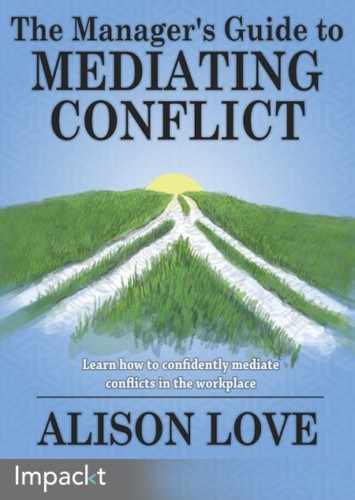Although mediation is a far better option, in the vast majority of cases it will not always be appropriate. The following table illustrates when to consider using mediation and when it will not be appropriate.
In terms of timing, I would urge you to always consider using mediation at the earliest possible stage. If you believe a situation is likely to result in some kind of formal process then mediation should begin prior to that process. Not only does this increase the chances of the mediation being successful, it also reduces the time and cost expended. Many of the mediations I have conducted have followed a lengthy and painful formal process, which has exacerbated the situation and could have been avoided in its entirety.
|
Consider mediation |
Mediation not appropriate |
|---|---|
|
Prior to a formal disciplinary/grievance For example:
|
No agreement of the parties (Conflict coaching or other support to help employees manage and resolve the conflict can be an alternative here.) |
|
Unresolved/inconclusive grievances For example:
|
Some gross misconduct offences For example:
|
|
Implementation of major changes/re-organizations For example:
|
Where there is a need for a message, for example, serious discrimination/harassment For example:
|
|
Collective/industrial relations disputes For example:
|
Where the mental health of a party is a concern For example:
|
|
On-going difficulties in working relationships For example:
| |
|
Boardroom disputes For example:
|
Ideally I would suggest that mediation be considered as a first option in the vast majority of cases, with formal procedures being the exception to the rule. In order to encourage parties to enter into mediation in preference to formal processes, you may need to work at explaining what mediation is and highlight the benefits. It is also helpful to have mediation written into policies as a first step. You might think that as a mediator I would say that, wouldn't you!
